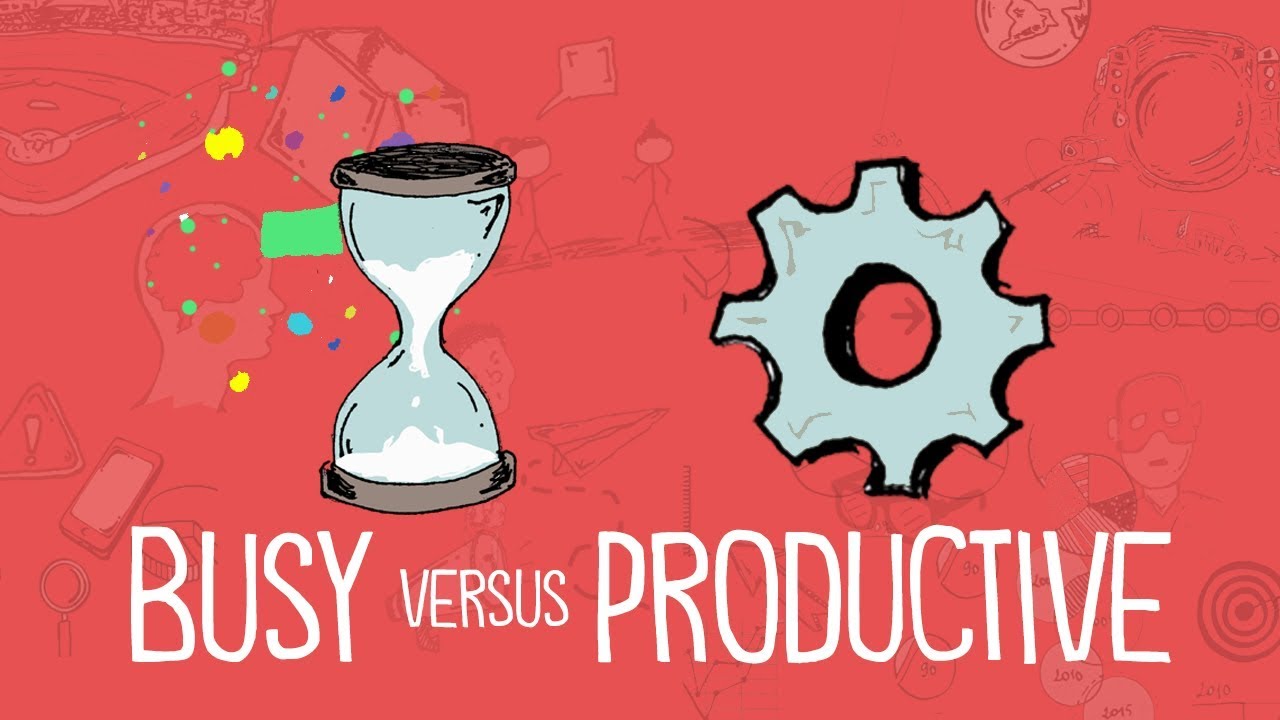Have you ever walked away from your workday frustrated with how little you’ve accomplished? You’re not alone. Research indicates that almost 75% of people regularly leave the office thinking that they didn’t complete the tasks they set out to do that morning. These days, it’s common to feel as if you’ve been busy but haven’t actually accomplished what you were hoping to do. While there is more to life than just being a productivity robot that optimizes every second, most of us want to experience days that feel productive. We want to pursue key goals and solve critical problems, and that just doesn’t seem to be the typical experience of leaders right now.
One explanation for this experience has to do with interruptions. Just take a few seconds and consider how often your mind gets interrupted on a given workday. It’s quite frequently, isn’t it? In one study, researchers from the University of California, Irvine noted that the typical office worker is interrupted or switches tasks, on average, every three minutes and five seconds. Does anyone reading this feel like that is a conservative number? Based on our conversations with leaders, it could be!
We can’t get rid of all interruptions, and when we really think about it, we shouldn’t, but we could probably all use some tips and tricks on how to minimize the impact of the interruption epidemic. Here are a couple of tactics that we’ve uncovered that might be helpful to you.
Consider Raising Team Awareness
One tactic to create uninterrupted time is to bring up the issue of interruptions to coworkers so that the whole team can be more mindful of how often we drop by, pick up the phone, or send a message. We realize that having this conversation isn’t always easy. Most people choose to bury their heads in the sand when it comes to workplace matters like this and say, “Well, that’s just the way things are.” To get around this, it’s essential to make the conversation about the problem, not the person. For instance, you may say, “I would like to share some ideas with the team about enhancing/optimizing our workflow for better overall efficacy and efficiency,” rather than “Hey! I know you don’t see this, but you blow up my day when you interrupt me all the time!”
Try to Schedule or Minimize Workplace Interruptions
This tactic can take several forms. Here are a few to experiment with:
- Have “office hours.” For many of us, our job involves being available to others for questions; it’s just part of leadership. But that doesn’t mean that we can’t set aside dedicated time rather than always being on the clock. When we set this up, people know when they can interrupt, and you can schedule your day around those periods.
- Decide on which mode of communication you’ll use. Not all interruptions are equal. Emails are easier to ignore than other forms of communication. Identify the communication channel that makes the most sense for your team when a matter is truly urgent, and then use it.
- Ask if someone’s free before getting to what you need. This might seem too easy, but we use this one, and it works! Simply asking if someone’s available before jumping into our request can minimize most face-to-face interruptions or phone calls during concentrated hours.
- Schedule dedicated time for more complicated questions. This is all about importance and urgency. If a conversation will take time to get through but can hold, push it to a dedicated time to work through it. This way, you can focus on the tasks at hand, and the other person can collect their thoughts.
—–
Reflective Question: To do our best work, we need to be able to focus. What will you do to minimize the problems of interruptions at work?


















